Find out why BMW is not in MotoGP and why the German manufacturer chooses to focus on WorldSBK instead. Learn about BMW’s racing philosophy, costs, and strategic reasons behind the decision.
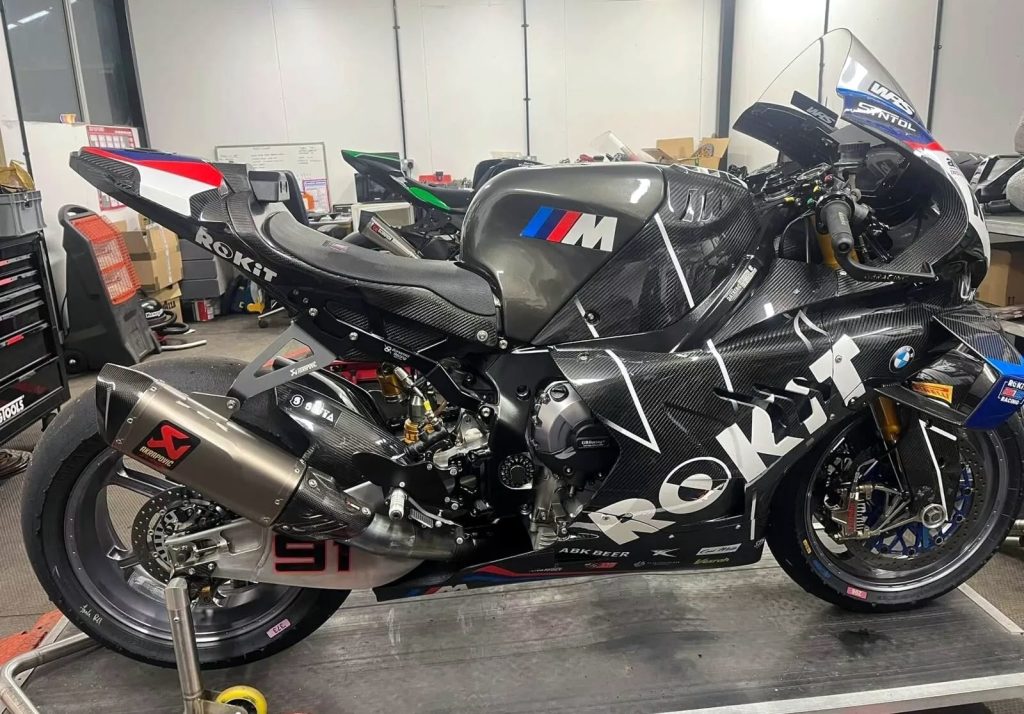
Subscribe to our Telegram channel for instant updates!
BMW is one of the most respected names in the motorcycle industry. They are a brand known for engineering excellence, power, and innovation. From superbikes like the BMW M 1000 RR to touring legends like the R 1300 GS, the German manufacturer dominates many racing disciplines.
Yet, one question always lingers among fans, why isn’t BMW in MotoGP? Despite its success in other championships like World Superbike Championship (WSBK), BMW has never fielded a factory team in the premier class of motorcycle racing, and here’s the reason why.
BMW’s Racing Focus: Superbike, Not MotoGP
While MotoGP is the pinnacle of motorcycle racing, BMW’s racing heart beats in the WSBK. Unlike MotoGP bikes, which are prototypes built from scratch, WSBK bikes are based on production models and are machines you can actually buy, like the BMW M 1000 RR. This makes WorldSBK a better fit for BMW’s philosophy. It allows the company to directly link racing performance to its production bikes and further improving models that customers can purchase. BMW believes racing should support real-world technology transfer, and in MotoGP’s prototype-based system, that connection is much weaker.
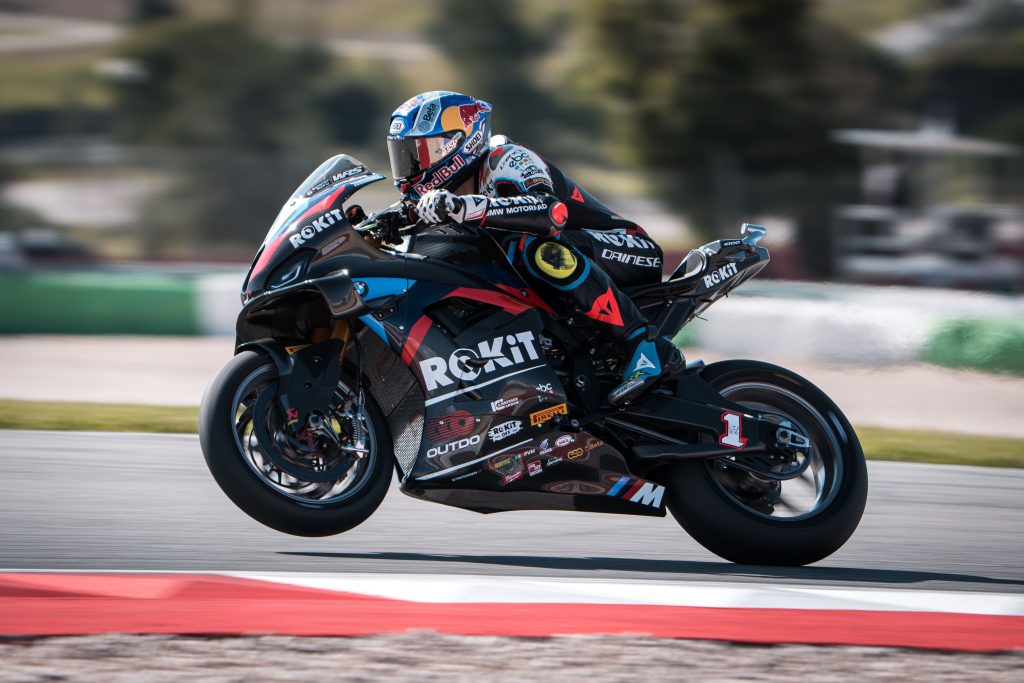
The Cost of Competing in MotoGP
MotoGP is not just fast, it’s also extremely expensive. Developing a competitive MotoGP bike requires hundreds of millions of euros in research, development, and team operations. Brands like Ducati, Honda, Yamaha, KTM, and Aprilia have dedicated factory programs that demand massive yearly budgets.
For BMW, which already invests heavily in WSBK and automotive racing, joining MotoGP would require a major financial shift without guaranteed commercial returns. In other words, MotoGP’s cost-to-benefit ratio doesn’t fit BMW’s current strategy.
Different Business Philosophy
BMW’s motorcycle division, BMW Motorrad, focuses on performance bikes that combine speed, technology, and everyday usability. Unlike MotoGP, where bikes are built purely for racing, BMW wants its engineering efforts to benefit real riders. Through WSBK, BMW can test components and electronics that eventually make their way into production bikes such as traction control systems, ABS tuning, and aerodynamic designs. That real-world relevance is something MotoGP can’t easily offer.
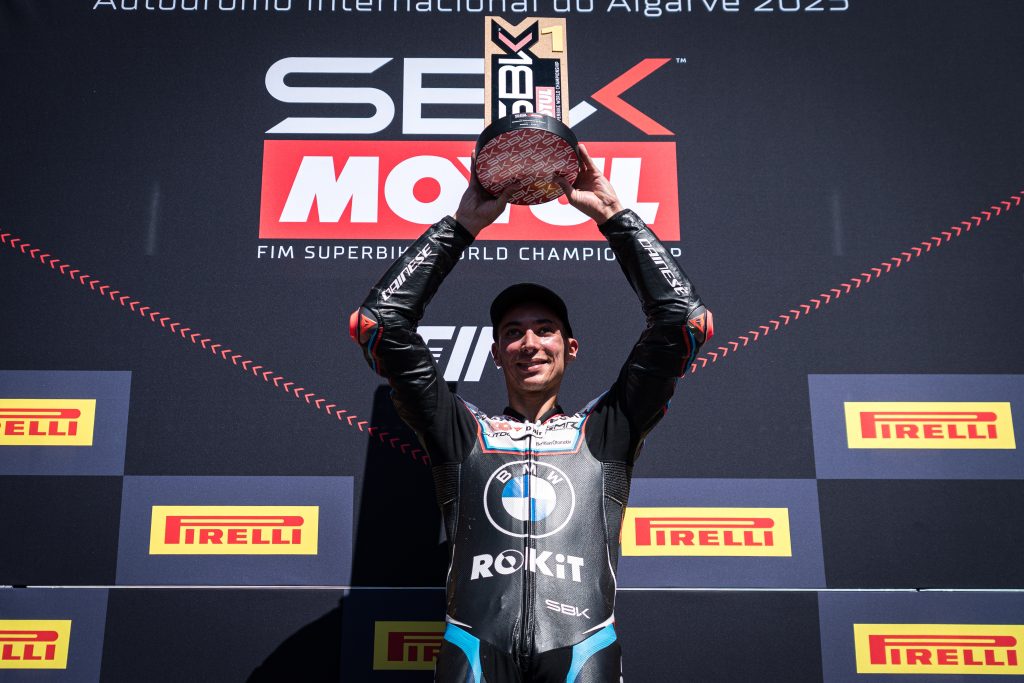
MotoGP vs. WorldSBK: Two Different Worlds
To understand BMW’s choice, it helps to know how MotoGP and WorldSBK differ:
| Category | MotoGP | WorldSBK |
|---|---|---|
| Bike Type | Full prototype | Production-based |
| Cost | Extremely high | Lower, more controlled |
| Tech Transfer | Limited | Direct to road bikes |
| BMW’s Involvement | None | Full factory team |
This table highlights why BMW prefers WorldSBK. It’s a stage where the brand can showcase speed and technology that directly connect to its customer motorcycles.
BMW’s Partial Involvement in MotoGP
Interestingly, BMW is not completely absent from MotoGP. The brand has been the official safety car provider for MotoGP since 1999, supplying high-performance BMW M models like the M2, M3, and M5 to be used as the safety cars. So while BMW isn’t racing on two wheels in MotoGP, it still plays a crucial supporting role in the paddock.
Will BMW Ever Join MotoGP?
The question remains open, but for now, BMW seems happy to be taking part in WSBK. With the growing success of the M 1000 RR and continuous improvements in racing electronics, BMW’s focus is clear, to build on its strengths and dominate where it already excels. Unless MotoGP changes its technical regulations to allow for more production-based competition, BMW’s entry seems unlikely in the near future or maybe on the 2027.
Conclusion
BMW’s absence from MotoGP isn’t about lack of skill or ambition, it’s about strategy and purpose. The brand prefers to race where the results translate directly into better motorcycles for its customers. For BMW, that’s WorldSBK and not MotoGP. Still, the idea of a BMW MotoGP bike remains a dream for many fans, and if the conditions ever change, it’s a dream that could one day come true.



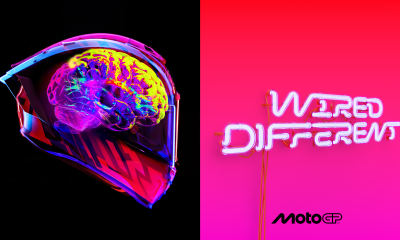
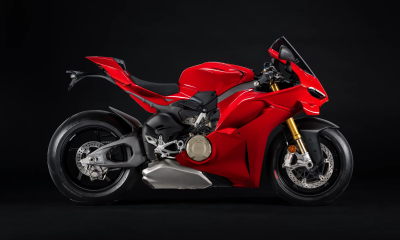
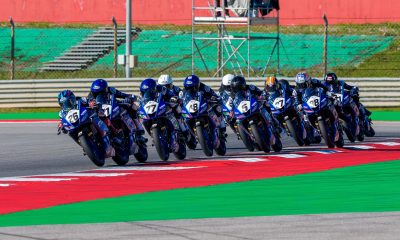
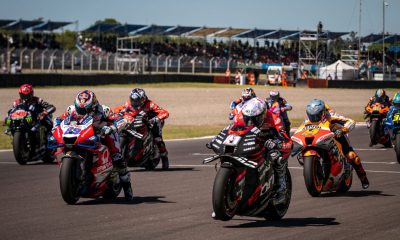




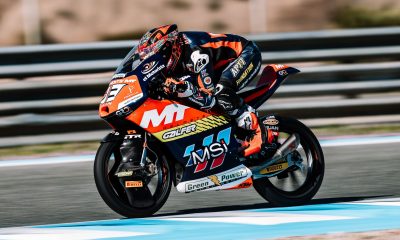
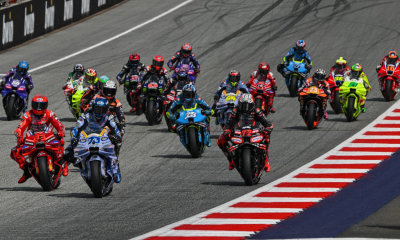
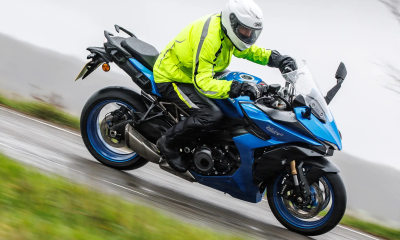
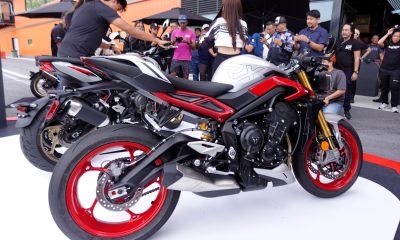
















Facebook
Instagram
X (Twitter)
YouTube
LinkedIn
RSS